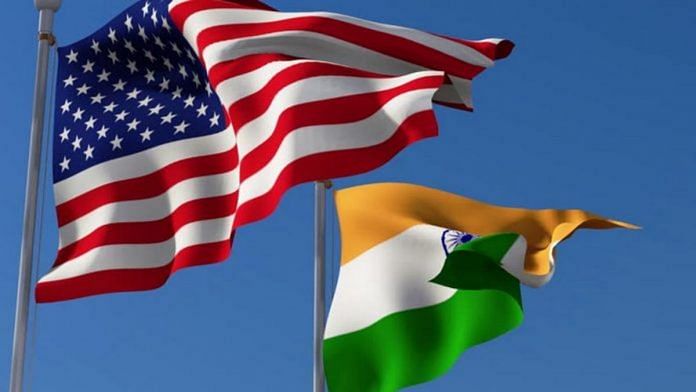Washington: The Biden administration has told the US Congress that India’s recent emphasis on import substitution through the ‘Make in India’ campaign has “epitomised” the challenges facing the bilateral trade relationship.
In its 2021 Trade Policy Agenda and 2020 Annual Report, the US Trade Representative (USTR) said that during 2020, the US continued its engagement with India to try to resolve longstanding market access impediments affecting US exporters.
“While India’s large market, economic growth, and progress towards development make it an essential market for many US exporters, a general and consistent trend of trade-restrictive policies has inhibited the potential of the bilateral trade relationship. Recent Indian emphasis on import substitution through a Make in India’ campaign has epitomised the challenges facing the bilateral trade relationship, USTR said in its report to Congress on Monday.
Effective June 5, 2019, the United States terminated India’s eligibility under the Generalized System of Preferences (GSP) programme, following a review of concerns related to India’s compliance with the GSP market access criterion.
Subsequent to the suspension of India’s GSP benefits, the US and India resumed intensive work in the fall of 2019 aimed at producing a package of meaningful market access outcomes, and this engagement continued throughout 2020.
The objectives of the US in this negotiation included resolution of various non-tariff barriers, targeted reduction of certain Indian tariffs, and other market access improvements, it said.
The United States also engaged with India on an ongoing basis throughout 2020 in response to specific concerns affecting the full range of pressing bilateral trade issues, including intellectual property (IP) protection and enforcement, policy development affecting electronic commerce and digital trade, and market access for agricultural and non-agricultural goods and services, it said.
According to the report, while the United Kingdom remained the largest supplier of services, accounting for USD 62.3 billion of total US services imports in 2019, India was the sixth largest with USD 29.7 billion after Canada (USD 38.6 billion), Japan (USD 35.8 billion), Germany (USD 34.9 billion) and Mexico (USD 29.8 billion).
The USTR said that in July 2020, in response to outreach by it, India released US shipments of lactose and whey protein concentrate (WPC) that had been blocked since April 2020 when India began enforcing a requirement that those products be accompanied by a dairy certificate.
Prior to this shift in practice, US exports of lactose and WPC to India had grown steadily for years, reaching a high of approximately USD 54 million in 2019 before falling to approximately USD 32 million in 2020.
Also read: India considers long-term economic ties with the Philippines, to boost Indo-Pacific initiative



